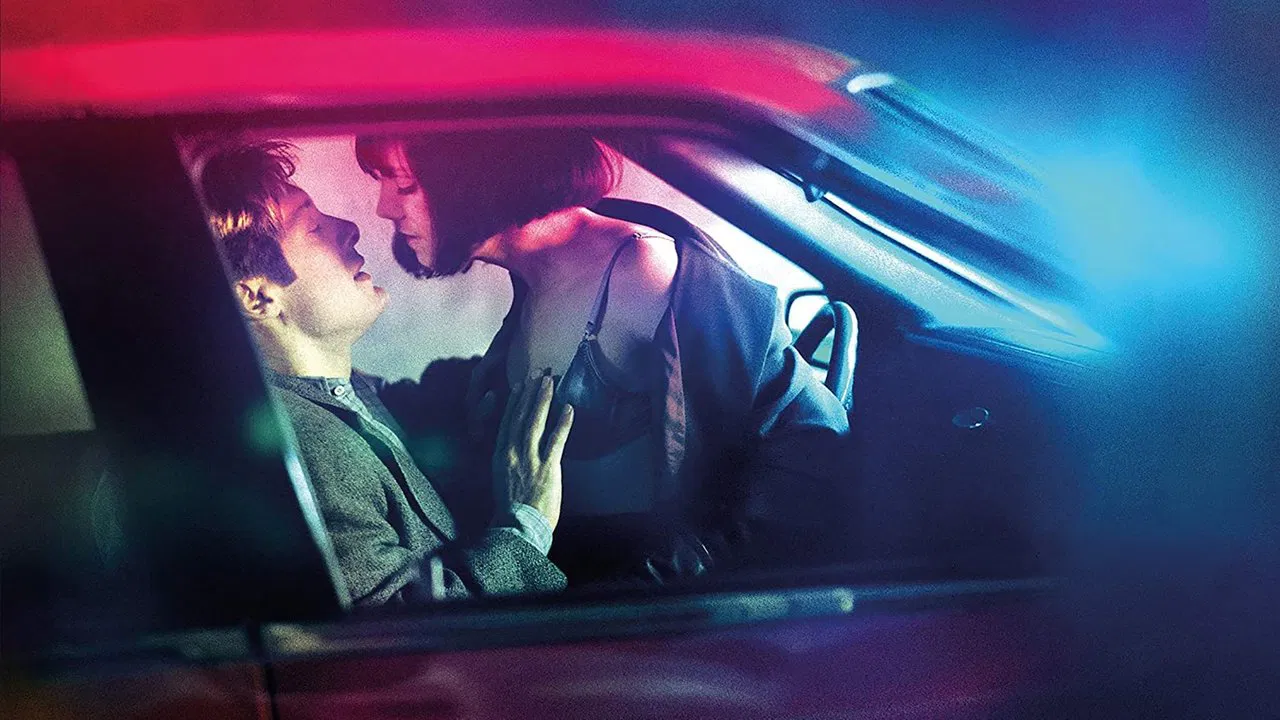Cinema of 1996

Cinema of 1996 was marked by a mix of crowd-pleasers and challenging art-house triumphs. The Coen brothers’ Fargo blended black comedy and crime with unforgettable characters, winning over critics and audiences alike. Independent American cinema thrived with works like Todd Solondz’s Welcome to the Dollhouse and Mike Leigh’s Secrets & Lies, while mainstream Hollywood scored big with blockbusters such as Independence Day, which set a new standard for summer spectacle.
On the international stage, Lars von Trier’s Breaking the Waves shook Cannes with its raw emotional power, ushering in the Danish Dogme 95 movement. In Iran, Jafar Panahi’s The Mirror and Mohsen Makhmalbaf’s Gabbeh continued the poetic wave of Iranian cinema, while Crash by David Cronenberg provoked controversy and fascination with its radical exploration of desire and technology.
Elsewhere, Danny Boyle’s Trainspotting electrified audiences with its high-energy portrait of Edinburgh youth culture, quickly becoming a cultural phenomenon. Meanwhile, films like The English Patient demonstrated that sweeping, old-fashioned romances could still dominate awards season. Altogether, 1996 stood as a year where cinema proved it could be at once intimate, daring, and spectacular.